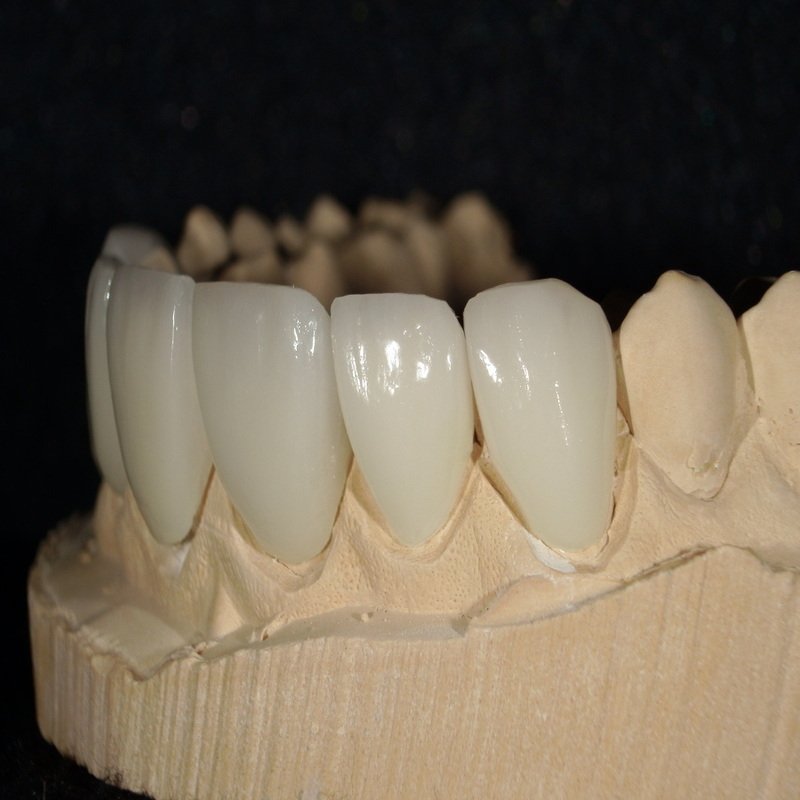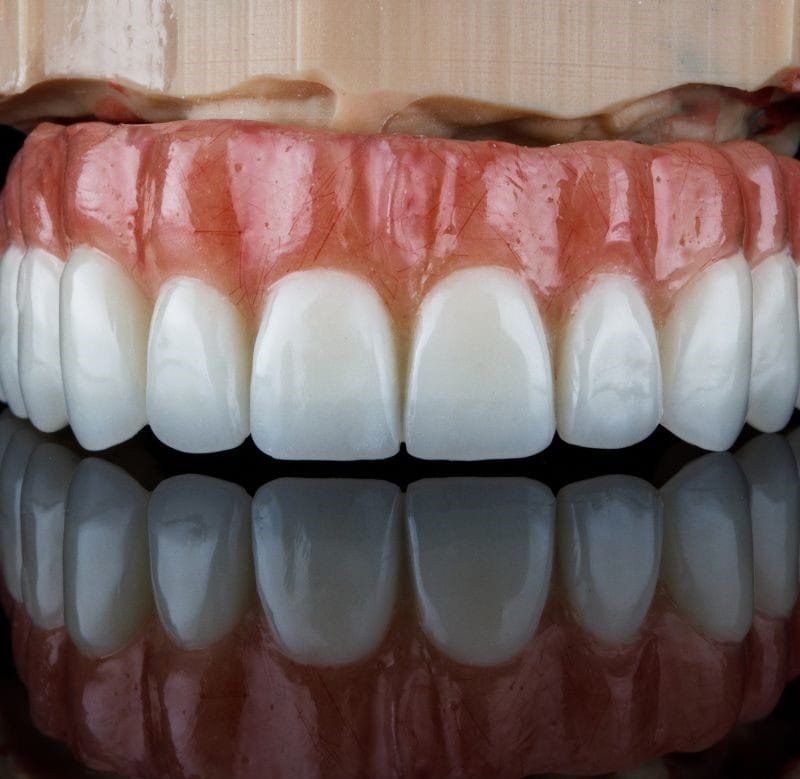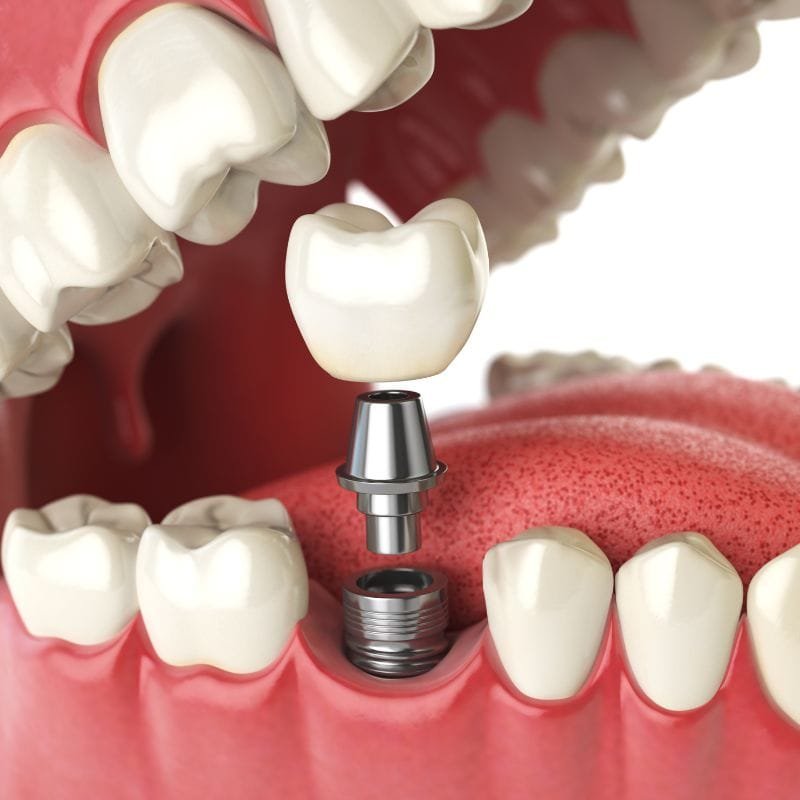Bad Breath After Wisdom Teeth Removal
Bad breath after wisdom teeth removal? Many things could happen after the wisdom teeth extractions, especially if your dentist removes all of them simultaneously.
I am starting with the uncomfortable pain. But, something in particular bothers some patients when wisdom teeth are removed. They wonder why their breath began to smell bad after the extractions.
Well, many factors could influence your having bad breath after the wisdom teeth extraction.
First of all, dental hygiene needs to be great. There is a chance that patients have poor hygiene and do not clean out all the tiny food particles that get stuck in their mouths after every meal.
The remaining food particles in the mouth can cause a rotten smell. Instead, it is a type of germ that gives you bad breath.
So, in rare cases, patients wonder about bad breath after wisdom teeth removal.
It happens, and it is quite common. Actually, most of the time, it gets back to normal as the extraction areas heal.
Your breath can smell awful, there is no doubt. But don’t worry, and don’t jump to conclusions yet. It can be due to several reasons, and not all are terrible.
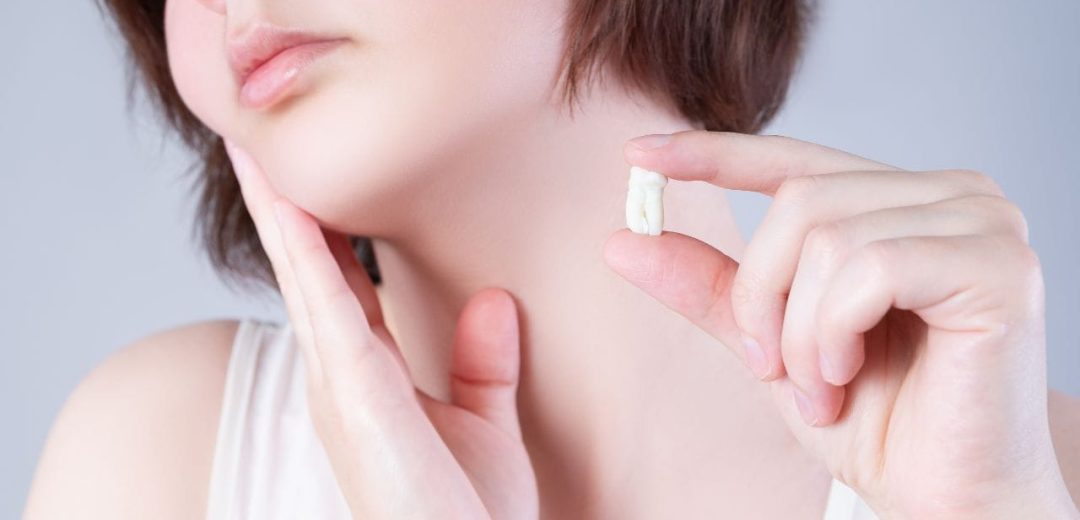
How Do You Know If You Have Dry Socket?
Some patients may be more likely to get dry sockets after wisdom teeth extractions. And it can be a reason for you to have bad breath. That includes:
- Patients who smoke a lot.
- People have poor oral hygiene.
- Women using birth control pills.
- If you have a history of dry socket after teeth removals.
- Patients who rinse and spit a lot or drink through straws after tooth removal.
- Patients with wisdom teeth extraction.
If you just had a teeth removal surgery, you will need to follow your dentist’s instructions. Plus, tell your dentist if you are using any drugs or birth control pills. Actually, you need to know if you are taking any kind of pills or medicines.
Wisdom teeth extraction may seem straightforward, but if you don’t follow the rules after the procedure, bad things could happen. So, one of the most important rules here is to quit smoking until the wounds heal. The dry socket could be responsible for your bad breath.
Bleeding After Tooth Extraction
Wisdom molar extraction areas may have to bleed, which can occur during the first couple of days. It can happen for the first two days after the extractions.
This flow of blood in your mouth can cause unpleasant breath and an uncomfortable metallic taste. Patients with these problems can feel uncomfortable for a few days and then start feeling better as the area heals.
The lack of refreshment and the blood clots can create an awful odor inside your mouth. So, if you have bad breath, probably due to this, don’t worry.
It is expected to bleed the first 48 hours after your wisdom teeth are removed. So, the best you can do during this period is to wait for the wounds to heal. If nothing positive happens after that, you can call your dentist to ask if it is normal.
If this happens to you, some recommendations are that after the bleeding stops, you can drink fresh water very slowly to refresh your mouth. Your mouthwash will be forbidden until your dentist tells you the opposite.
Most dentists suggest the use of mouthwash cousins after the extractions. Some recommend rinsing with salt water two or four days after the procedure.
If this happens to you, some recommendations are that after the bleeding stops, you can drink fresh water very slowly to refresh your mouth. Your mouthwash will be forbidden until your dentist tells you the opposite.
How to Brush Teeth After Wisdom Tooth Extraction
You won’t be able to brush and floss your teeth fully for the first 48 hours after the procedure. You must keep everything since keeping the area undisturbed during the central hours and days of the healing process is crucial.
This means that even if you can brush your teeth intensely, you must clean the area. If you don’t brush your teeth, you can develop bad breath too.
Sometimes, patients fear disturbing the spot where the wisdom teeth used to be. Not all patients are like this; some of them are smokers. And they don’t listen to the dentist when he tells them not to smoke during the healing process.
It can turn into a terrible infection. So, we have two kinds of patients here: the ones who care a lot and the ones who don’t care that much.
The tips are to brush your teeth with a soft-bristle toothbrush. This can sound pretty obvious, but sometimes we need to remember. There are different types of toothbrushes, and pick one with soft bristles.
You will be fine; brush softly, and keep the area clean to avoid bad breath. Plus, try not to eat forbidden food during the healing process.
Best Pain Relief After a Tooth Extraction
You probably think that wisdom teeth extractions are going to hurt so much. Well, it is not like a picnic or something like that, but you will be fine. There are a lot of worse things that could happen if you don’t extract those molars.
If your Tijuana dentist has decided that those molars must go, they must go. If you are in pain after the procedure, you can take the prescribed medicines to calm it.
However, some medicines will fasten your healing process, creating a dry mouth. So, to avoid dry mouth, you must take a lot of water. And to avoid bad breath after wisdom teeth extractions, you must keep your body hydrated.
Eating healthy foods, such as vegetables and fruits, will help keep your breath clear. Remember that an infection can cause you bad breath too. So, take this into account and reconsider this taco after extractions.
The wound can get infected! Seek dental attention if you think the area is infected. Bad breath can also be a sign of infection.
Bad Breath After Wisdom Teeth Removal
Bad breath after wisdom teeth extractions is quite normal. In most cases, it occurs while your mouth heals. In the first days after the surgery, there may be more bleeding than usual, which can cause an unpleasant taste and odor inside the mouth.
If the blood flow is the reason, slowly sipping water can help freshen your breath slightly. Don’t use mouthwash to freshen your breath, at least for the first 24 hours or until a dentist says so.
Bad breath after wisdom teeth removal is a symptom of dry socket in some cases. If you look at the surgery spot, you can tell it is a dry socket if you see a dry opening instead of a healthy blood clot.
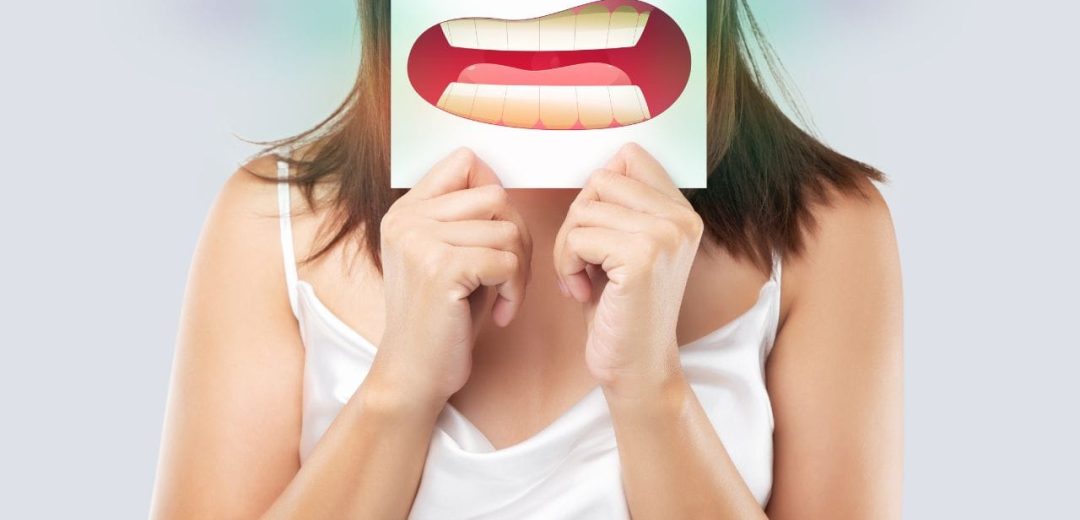
Steps to Prevent Bad Breath After Wisdom Teeth Removal
- Use an oral irrigator to help remove food particles fromthe tooth socket and all over your teeth. Although it is not an option to skip brushing, oral irrigators can help you wash your teeth.
- Rinsing your mouth with salt water can work as an antiseptic agent. Warm salt water can help patients dull their pain as an added comfort.
- Drinking more water can flush out bacteria and food particles that would cause bad breath after wisdom teeth removal.
- We highly recommend that you not smoke because smoking can disrupt the blood clot, threatening a dry socket. Nicotine from cigarettes can also get stuck in the sockets, generating an infection further increasing your bad breath.
- If you notice that bad breath doesn’t go away after completing these tips, it might be time to visit your dentist.
Patients can’t always avoid bad breath after wisdom tooth removal. But don’t worry because your dentist can provide solutions to fight back against this bacteria growing inside your mouth.
While brushing your teeth and flossing are crucial to keeping your mouth clean, there is another weapon to join your arsenal against, and it is mouthwash.
However, before you try any mouthwash in the market, you will need to ask your dentist about the right brand for you and our particular case.
This is mainly because you are not supposed to use an alcohol-based mouthwash after any tooth extraction, not only wisdom teeth. Remember to ask your dentist before doing anything to fight back the bad breath.
Conclusion: Understanding Bad Breath After Wisdom Teeth Removal
Experiencing bad breath after wisdom teeth removal is common and often temporary. This can result from factors like dry sockets, poor oral hygiene, or bleeding in the first few days post-surgery. While it’s unpleasant, maintaining proper oral care and following post-operative instructions can help alleviate the issue. Avoiding smoking, hydrating well, and brushing gently with a soft-bristle toothbrush are key steps to minimizing bad breath during recovery.
Have you experienced bad breath after a dental procedure? How did you manage it? Let’s discuss in the comments!
